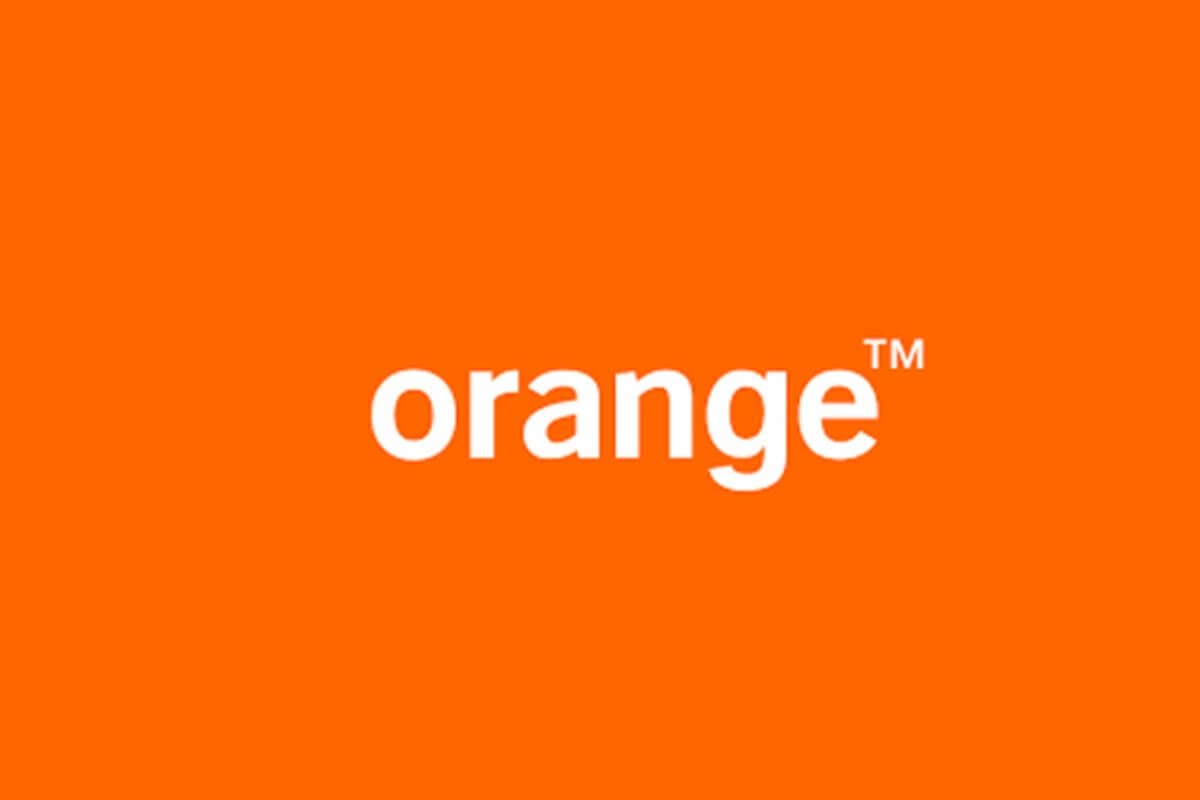In Short:
The PHD Chamber of Commerce is urging Trai to revisit its consultation on satellite spectrum allocation, arguing that it neglects fairness between satellite and terrestrial networks. In response, the Broadband India Forum dismisses this concern as flawed. Telecom giants like Reliance Jio want satellite spectrum auctions, while satcom companies prefer administrative allocations. The debate highlights conflicting views on ensuring equality in this rapidly evolving sector.
PHD Chamber of Commerce and Industry has formally approached Trai with a request to revise its consultation paper regarding the allocation of satellite spectrum. The concern raised relates to the apparent oversight of establishing a level playing field between terrestrial and satellite-based networks.
In contrast, the Broadband India Forum (BIF), which includes satellite communication companies such as OneWeb, Nelco, Amazon, and Hughes, has dismissed the argument for a level playing field as fundamentally flawed, arguing that it reflects a significant misunderstanding of both technological frameworks and legal principles.
The request from the PHD Chamber follows a similar appeal made by Reliance Jio. However, representatives from the satellite industry have criticized these claims, labeling them as a “myth peddled for commercial interests.”
Critical Spectrum Allocation Debate
This renewed discourse among industry stakeholders highlights the pressing issue of spectrum allocation for satellite communication. Both Reliance Jio and Vodafone Idea have advocated for an auction process to secure satellite bandwidth, while satellite companies like Bharti Group-backed OneWeb and Bharti Airtel have supported the notion of administrative allocation of spectrum intended for broadband services via satellite.
Initially, many industry watchers believed that the matter had been settled following the introduction of the new Telecommunications Act, which advocated for an administrative allocation of satcom airwaves.
Concerns Over Legal Discrimination
While the letter from the PHD Chamber does not explicitly call for auctions, it does emphasize that failing to adequately address concerns regarding a level playing field during the consultation could potentially breach Article 14 of the Indian Constitution, which guards against arbitrary discrimination and supports the right to equality.
The PHD Chamber stated, “Incorporating inquiries surrounding the level playing field is essential in the consultation, as it shapes the terms and conditions for spectrum assignments in a transparent and non-discriminatory manner.” This message was conveyed in correspondence directed to Trai Chairman AK Lahoti.
Nonetheless, BIF has refuted this stance. It stated, “The doctrine of a ‘level playing field’ is invoked based on Article 14 of the Constitution and is further encapsulated within Article 19(1)(g) concerning the fundamental right to trade or business. This doctrine guarantees equal treatment only for entities that are similarly situated, not for unequal parties.”
Recent Developments in Consultation Process
Stakeholders have shared these varying perspectives following Trai‘s release of a consultation paper on September 27, which seeks feedback on pricing methodology and the terms and conditions for allocating satellite spectrum, notably excluding auctions, to companies wishing to establish satellite broadband services in India.
The Department of Telecommunications (DoT) previously noted the necessity of assessing whether a level playing field exists between terrestrial access service providers and satellite operators intending to offer fixed and mobile satellite services in India via low-earth orbit (LEO), medium-earth orbit (MEO), and geostationary orbit (GEO) satellite systems.
It is worth noting that the DoT had earlier advocated for the auctioning of satellite spectrum. However, following the enactment of the Telecommunications Act, which classified satcom spectrum within the First Schedule for administrative allocation, the previous auction proposal became irrelevant.





